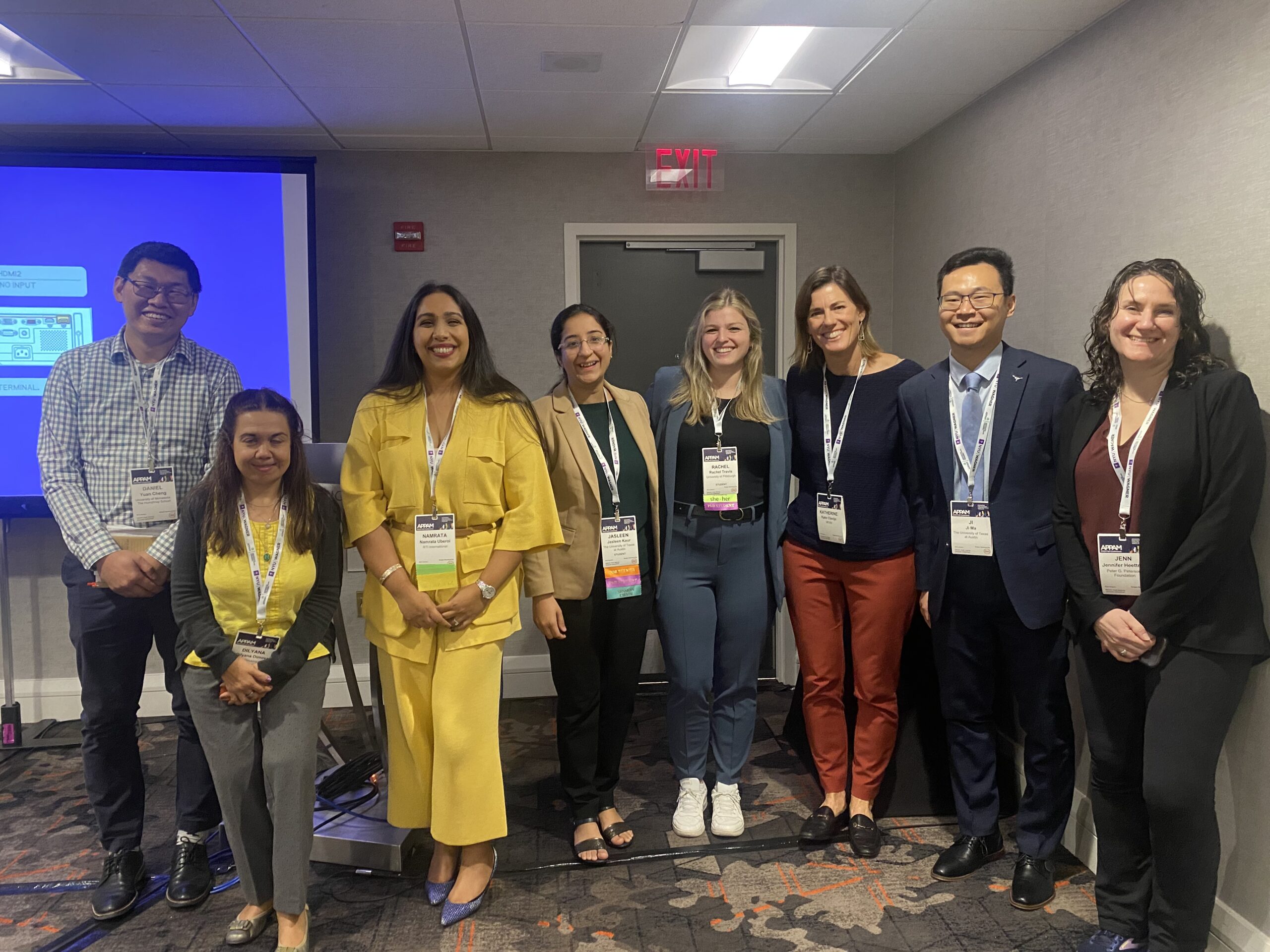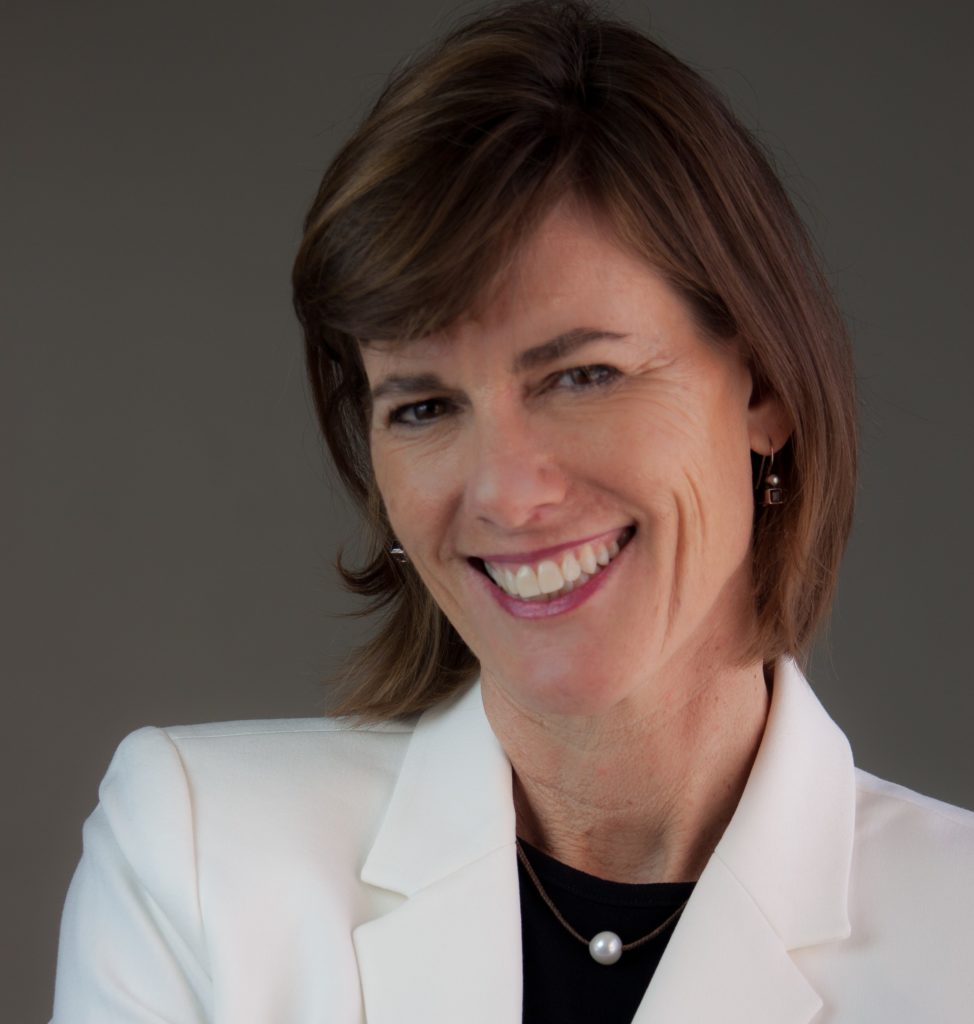Military Family and Hidden Helper Stories Take Center Stage
December 14, 2023Over the last few months, MFAN has been honored to connect with audiences outside the military and veteran service organization space to share our program evaluation expertise. Our staff presented on a range of topics related to our role as evaluators, including presenting three academic papers, one demonstration session, and a webinar at the following conferences:
- American Evaluation Association (AEA) Conference, Indianapolis, IN
- American Public Policy Analysis and Management (APPAM) conference, Atlanta, GA
- Association for Research on Nonprofit Organizations and Voluntary Action (ARNOVA) conference, Orlando, FL
- Nonprofit Learning Lab, virtual seminar
Much of the content and focus of these sessions related to MFAN’s work as co-leaders of the Impact Subcommittee of the Hidden Helpers Coalition, which is made possible through the generous support of Wounded Warrior Project.

Who Are Hidden Helpers?
A 2021 study, commissioned by Wounded Warrior Project and conducted by researchers at Mathematica, uncovered a formerly little understood reality: there are 2.3 million children of wounded, ill, or injured service members or veterans facing unique challenges as they take on caregiving roles at home. These findings not only brought attention to the struggles these children face but also paved the way for understanding how we can best support them.
In response, Joining Forces (a White House initiative to serve military families) in collaboration with Wounded Warrior Project and Elizabeth Dole Foundation launched the Hidden Helpers Coalition. The mission of the coalition is to create supportive programming for and build awareness about this important, often unseen, population. Through the support of Wounded Warrior Project, MFAN was contracted to lead the Hidden Helpers Coalition Impact Subcommittee and has led evaluation efforts with the focus on improving the effectiveness of the Hidden Helpers Coalition.
With titles like “Facilitating the Logic Model Process with Stakeholders in a Complex Evaluation Environment” and “Program Evaluation National Standards,” we provided practical guidance on measuring collective impact and shared best practices in evaluation.
These sessions also held a greater significance:
- Ignited a spark of enthusiasm with diverse audiences that generally have limited exposure to the realities of military families
- Served as a platform to broaden the understanding of Hidden Helpers and military families

While most attendees joined our sessions expecting to learn about logic models or hear panel experts’ views, the content about military families and Hidden Helpers appeared to generate the most interest. In most cases, we were delighted to draw in standing-room-only audiences. We received enthusiastic praise for providing unique insights into the reality of the lives of military families.
The conferences we attended were a great source of inspiration for MFAN. By shedding light on the needs of Hidden Helpers and military families to representatives from federal agencies, community and nonprofit organizations, policymakers, researchers, and philanthropic entities, we have taken a crucial step toward fostering understanding and collaboration. We are excited to use the momentum from these conferences to strengthen our efforts to make positive changes in people’s lives.
Wounded Warrior Project’s (WWP) support has enhanced MFAN’s visibility at national conferences. Through dynamic sessions on program evaluation, theory of change, and logic models, these conference sessions drew in new audiences interested in evaluation topics and raised awareness about Hidden Helpers.
About the Author
